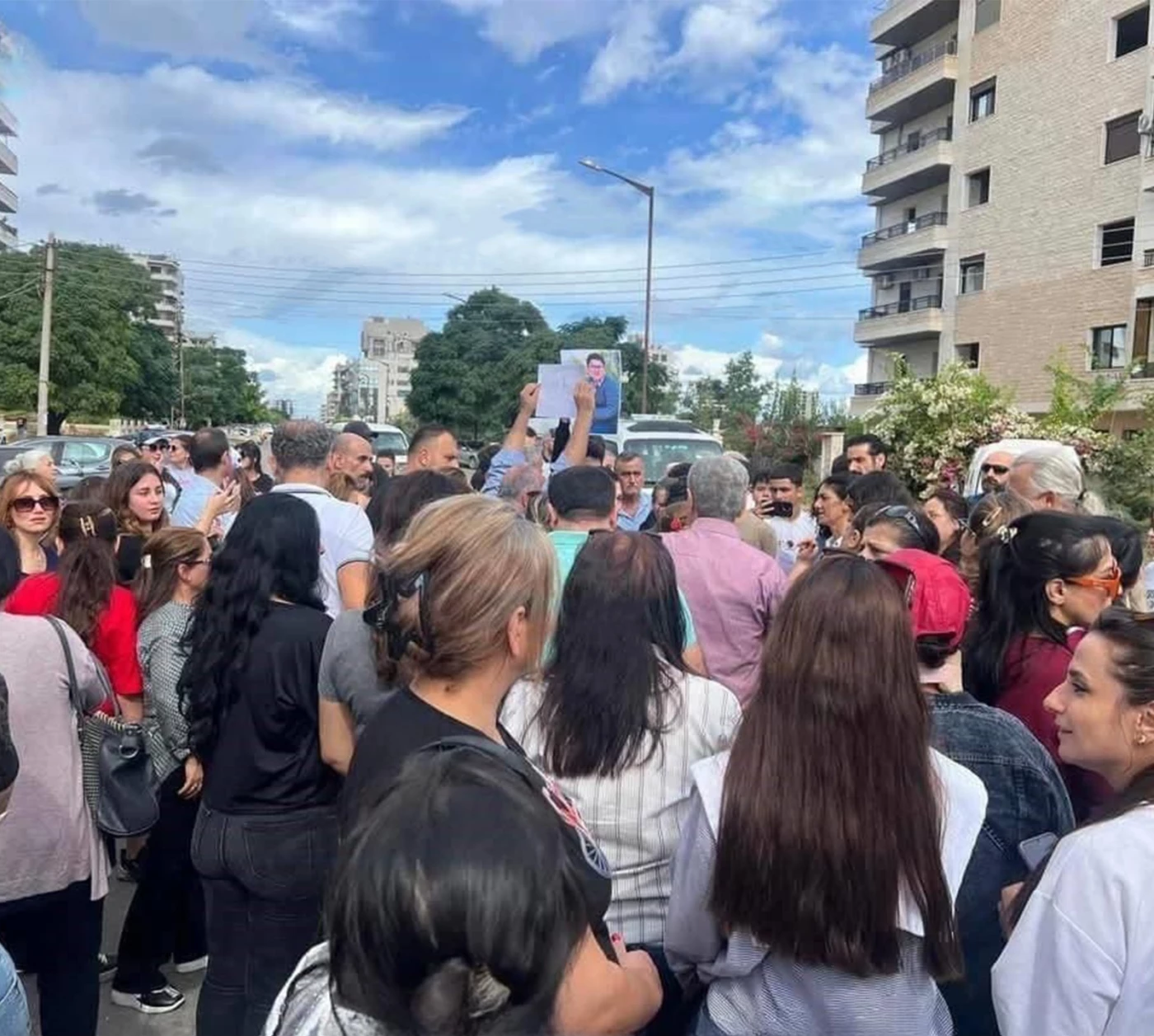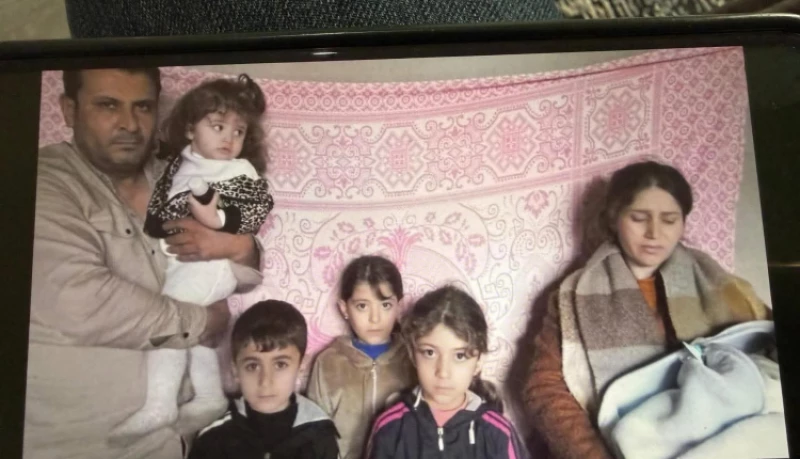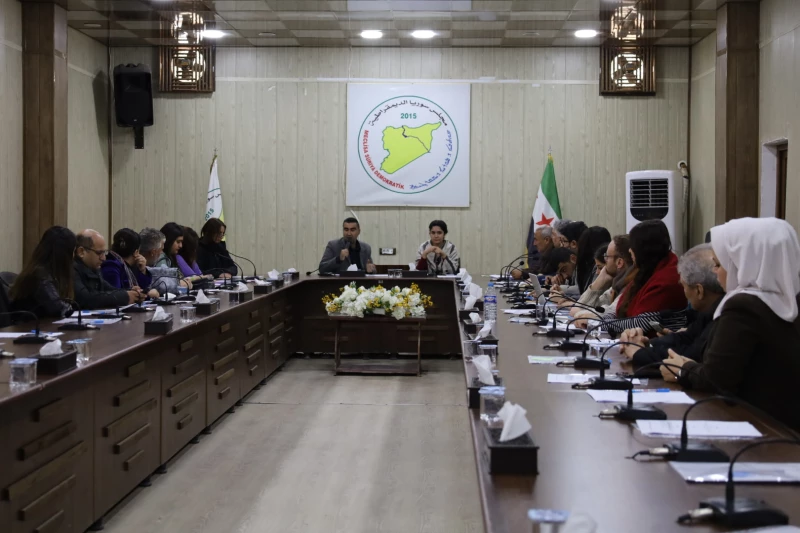ERBIL, Kurdistan Region of Iraq - The kidnapping of a 13-year-old Alawite student in Syria’s western coastal city of Latakia has sparked outrage, leading to protests and strikes across several provinces as residents demand justice and authorities step up security, a war monitor reported on Thursday.
The unrest, triggered by the kidnapping of eighth-grader Mohammed Qais Haidar, has heightened security concerns among the Alawite community, which earlier in March witnessed deadly violence at the hands of Syria’s new authorities.
“Activists in the provinces of Latakia, Tartus, and Homs called for the implementation of a general strike today, Thursday, including the closure of commercial shops and parents refraining from sending their children to schools, in protest against what they described as the increasing incidents of killing, kidnapping, harassment, and human suffering affecting members of the Alawite sect,” said the Syrian Observatory for Human Rights, a Britain-based war monitor.
Protestors took to the streets, displaying pictures of young Haidar and demanding immediate action from authorities.
The 13-year-old was kidnapped by “gunmen” in front of Jamal Dawood School in Latakia on Wednesday, using two vehicles to disperse bystanders before fleeing, the Observatory noted, citing eye witnesses.
Syrian security forces in Latakia said on Wednesday that an investigation has been launched into the kidnapping of Haidar, state media reported.
The Observatory warned that the surge in kidnappings in Alawite-majority areas “threatens to repeat scenes of fear among both parents and students alike” amid a lack of effective security measures.
These security lapses occur amid broader political instability following the appointment of Ahmad al-Shaara as interim president in December. Since then, many Alawites and other minorities have expressed concern.
In March, the coastal Alawite-majority region experienced significant clashes. Armed groups, many loyal to the ousted president Bashar al-Assad, an Alawite himself, attacked forces allied with the new government, prompting a military response from Damascus.
At least 1,700 people, mostly Alawite civilians, were killed in the attacks, with many deaths attributed to the Syrian government and its allied forces, according to the latest toll from the Observatory.



 Facebook
Facebook
 LinkedIn
LinkedIn
 Telegram
Telegram
 X
X


